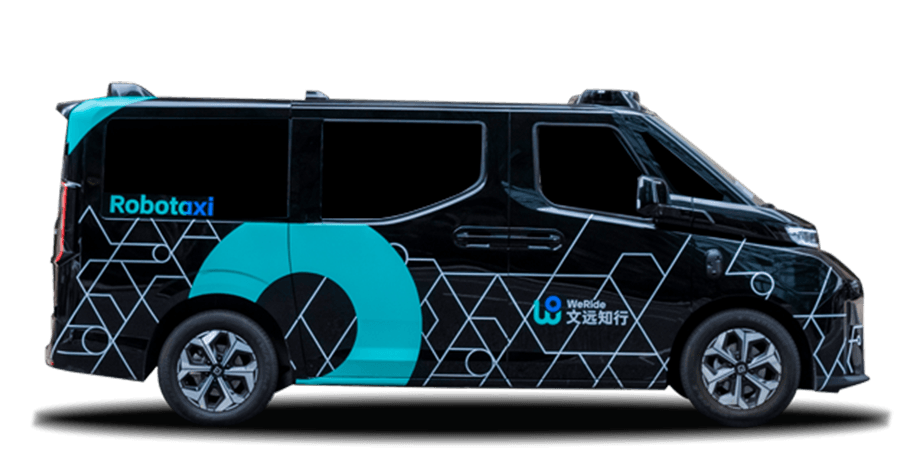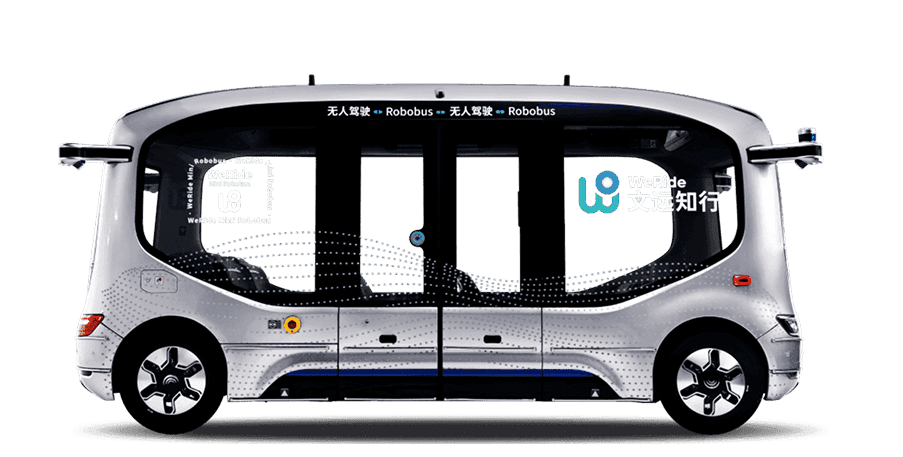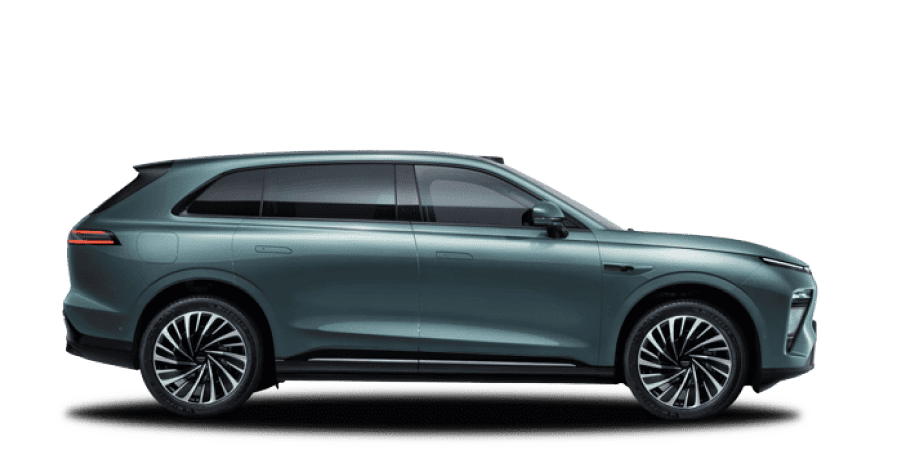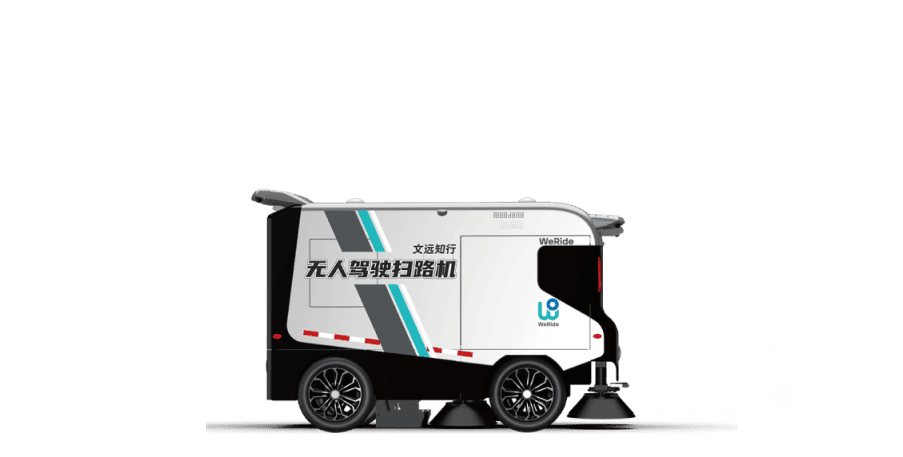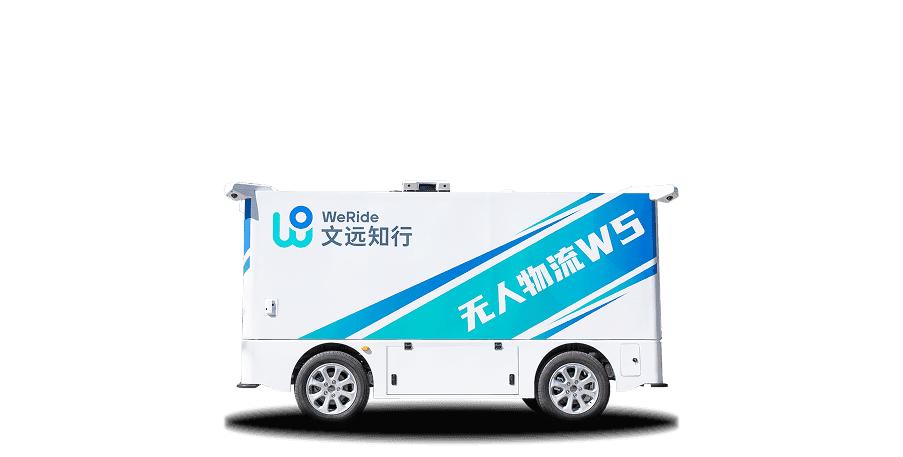On May 7, 2025, Tony Han, Founder and CEO of WeRide, appeared on CNBC's Squawk Box Asia, a flagship global financial news program. During the interview, he discussed WeRide's newly announced partnership with Uber to launch robotaxi services in 15 major cities globally over the next five years.
The following is the full transcript of the interview.
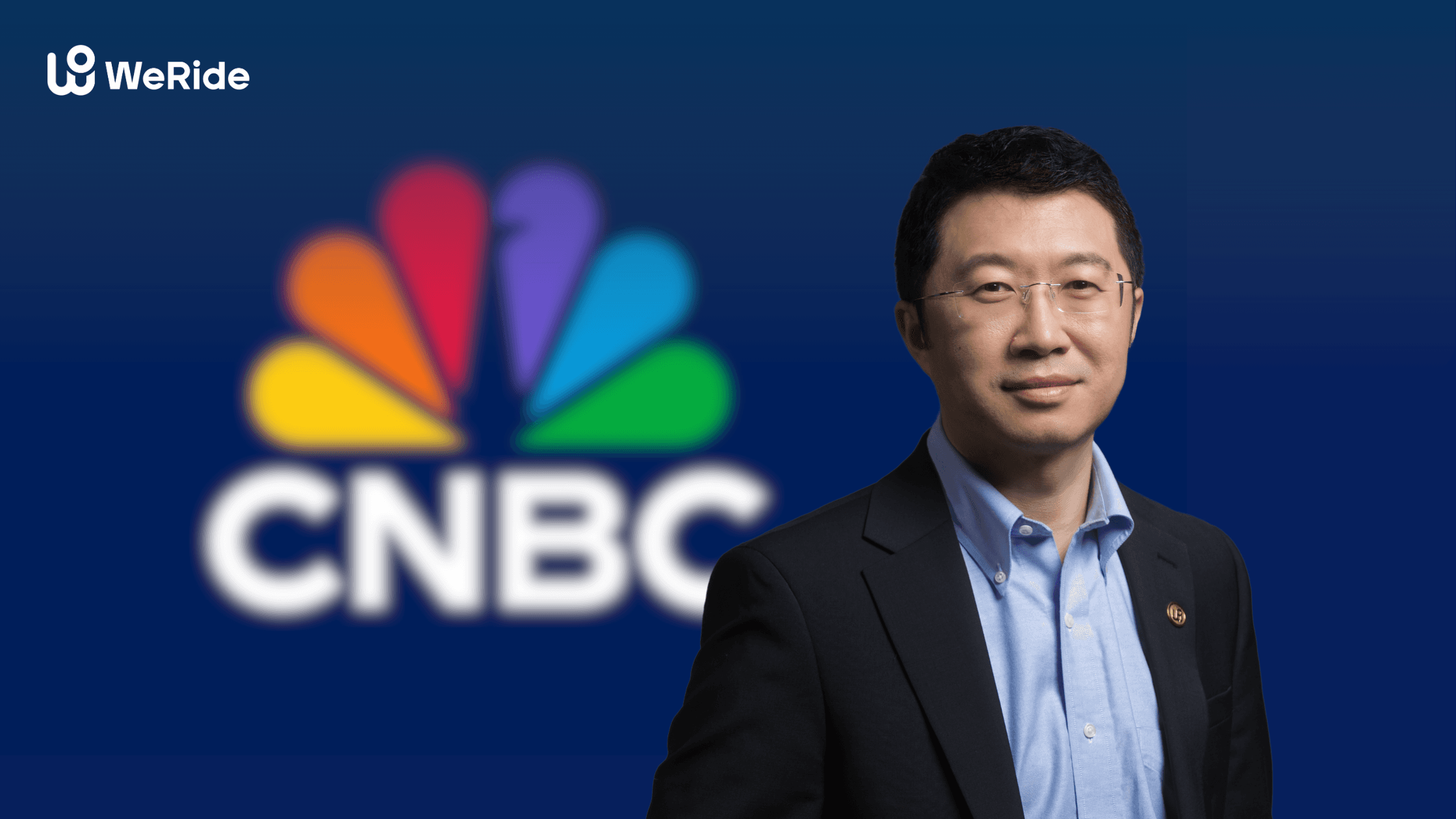
CNBC: Tony Han, CEO of WeRide, and CNBC's Lin Lin, my great colleague, is also part of this conversation. Tony, thank you for joining us and pleasure having you on the show. I guess congratulations are in order. Are you happy with this deal?
Tony Han: Yes, I'm very happy, and also, I'm quite excited about the plan over the next five years. We are going to gradually expand to 15 tier-one cities in the world and we are very excited to bring our robotaxi service to the customers.
CNBC: Alright, so talk to us. 15 cities in five years. All of them are going to be outside the US and also outside China. And we'll get back to that in just a bit, but can you give us an idea what cities are we talking about here?
Tony Han: Well, basically major cities in Europe and in the Middle East. We are going to take a phased approach. That means every year, we'll bring out several cities onto the Uber platform. Of course, we’ll have to pass the regulatory requirements. Also, safety is our top priority, so we will take a step-by-step approach. But the good thing is we have already proven our business model and technology in the current deployment in Abu Dhabi and soon, we’ll bring Dubai online. So, we are quite confident about the plan and I think for which cities, currently I cannot explicitly name them. But there are many in Europe and in the Middle East.
CNBC: Tony, congratulations on this expanded partnership. Can you give us a sense of how the revenue share will work? Are we talking about a fixed service fee that will be provided, or will it be a per kilometer or usage-based?
Tony Han: This is kind of like a combined model. We will charge a certain minimum fixed fee and then we will split the revenue. A good thing is this partnership likely creates new opportunities in each market. We are not just deploying technology, we are participating in the local transportation ecosystem; creating jobs in fleet management, maintenance, and customer service, while helping address urban mobility challenges.
CNBC: Tony, one of your major competitors, Pony AI, also announcing this similar partnership with Uber. Have you sought clarification from Uber about whether or not their expansion into the Middle East will be divided in terms of segmentation of geography, or will potentially both you and Pony AI be competing in the same cities? If the latter is the case, how does that impact your competitive advantage here?
Tony Han: So, first of all, I want to emphasize the technology competence of WeRide. WeRide, as the first mover and the industry leader, is currently the only autonomous driving company holding driverless permits in five countries. That's China, UAE, Singapore, France and the US. And we also hold the most perfect track record in safety. And our plan to work with Uber, WeRide’s plan is very concrete, that is 15 cities in the next 5 years. And we are going to deploy at least 50 robotaxis in Abu Dhabi, and soon, we'll bring Dubai online. So they are all very concrete plans. And for competition, WeRide is one of the best technology companies in the world. We are very confident with our capability, and over the past several years, we have proven our technology and have a proven business model.
CNBC: Indeed. I also wanted to just ask about the caveat here and I know that China isn’t part of that partnership, that's understandable, given that Uber is not operating in that market. Also, no United States. And I recall just a couple of weeks ago, we spoke about this and you said, look, our hands are really full. We've got a full plate. We're looking at expansion in all of these other regions. I wanted to just follow up though, and ask whether or not a key reason is the regulatory environment in the US as well.
Tony Han: I think my answer remains the same. The global market is a huge market, but thinking about WeRide. WeRide has about 1,000 engineers and another 2,000 data annotation and operating people. We really got our hands full. Every time you deploy a fleet, you need to make sure that your car is cleaned very well and is charged. And also, you have to really supply the service with a good experience. That cost lots of efforts. And so, we are taking a phased approach, that is, every year we bring several new cities onto the Uber platform. It's a very thorough plan and therefore, you know, looking at the broad future, currently, we are focusing on European and the Middle East markets. But in the future, we are also looking for other markets where there is a shortage of drivers. And if there's a valid business model, we will deploy there. Of course, partnerships are very important. We are glad to maintain and extend this partnership with Uber.
CNBC: Tony, talking about the drivers, you know, we were telling folks that before we got to you about Uber’s deal with Pony AI in the Middle East, right? And in the pilot phase, those robotaxis are going to come with a safety operator on board. Are you planning something similar? And I guess what I'm trying to get to is, in terms of safety, that's obviously an issue, right? But there's also sort of user or passenger psychology to help them get more comfortable with the idea of getting into a car which doesn’t have a visible driver. Something like this, at least initially, would be a good soft way in. Would you agree?
Tony Han: So first of all, I want to emphasize, when WeRide tried to deploy the robotaxi service with Uber, WeRide was trying to deploy robotaxis in the sense of driverless vehicles. We have driverless permits in China, UAE. Singapore, France and the United States. We are the only company holding these five driverless permits. So our deployment plan for robotaxis is without a safety driver. That means that it has a valid, proven business model. When it comes to safety issues, of course, we are going to take a progressive approach. So first of all, for people who have never taken a self-driving car, you probably are lacking the experience at first, and of course you will be very cautious. But if you have experience, like with robotaxis in San Francisco or Guangzhou in China. You will know. The first time you will feel excited; after two or three rides, you will just say you are taking a normal taxi. And most of the time, the robotaxi is actually smoother, and is also very, very comfortable, even more so than with a very experienced human driver.
CNBC: So Tony, just to recap. WeRide’s robotaxis in these 15 cities you're launching in are not going to come with a safety operator on board. In other words, you're very confident about your technology that it's essentially safe, right? From usage so far, what has your safety track record been?
Tony Han: Oh, the safety track record? So currently to our best knowledge, we have no accidents actually due to our fault. And you know, there are some accidents involved, but it's always human drivers, human factors. Some human drivers make some mistakes. So to me, that record is really very, very, very difficult to keep. So that's because of our philosophy. WeRide does very extensive testing and simulation, and when we roll out new software, we already have done extensive verification and tests. That's how we proceed.
CNBC: OK. All right. Let's hope it stays that way. Tony, listen, thank you so much for talking to us. Appreciate the time. Keep safe and safe travels and we'll see you again very, very soon. Tony Han from WeRide.

